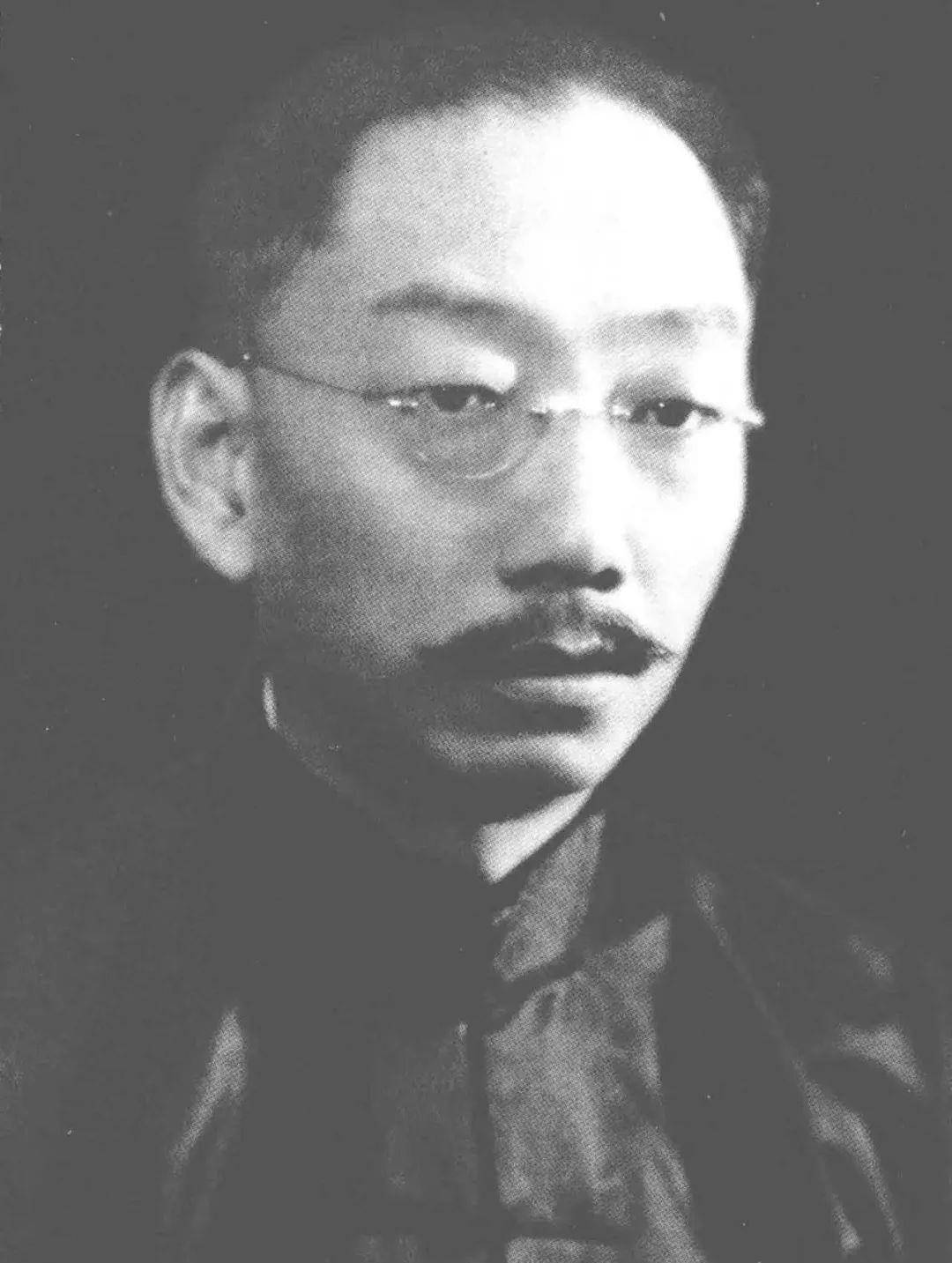Chang Ch'i-huang 張其鍠 T. Tzu-wu 子武 H. Wu-ching chü-shih 無(無)竟居士 Chang Ch'i-huang (7 May 1877-30 June 1927), began his career as an official in Hunan and became an adviser and secretary general to Wu P'ei-fu during the 1920's. For five generations before his birth, Chang Ch'i-huang's family had produced scholarofficials in imperial China. He was […]







